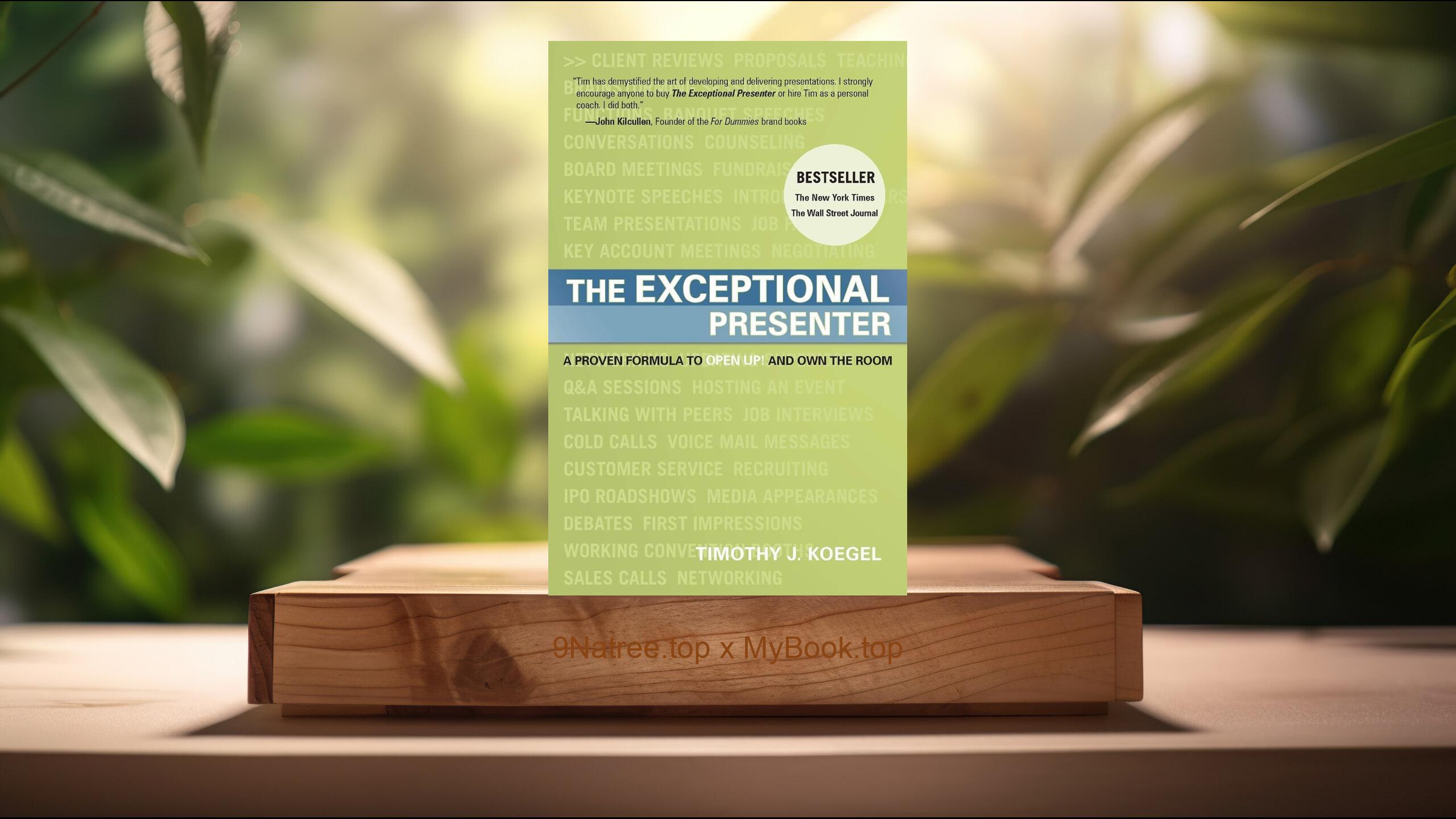Show Notes
- Amazon US Store: https://www.amazon.com/dp/B095VY4XGD?tag=9natree-20
- Amazon Worldwide Store: https://global.buys.trade/Digital-Zettelkasten-Principles-Methods-Examples-David-Kadavy.html
- Apple Books: https://books.apple.com/us/audiobook/digital-zettelkasten-principles-methods-examples/id1595304543?itsct=books_box_link&itscg=30200&ls=1&at=1001l3bAw&ct=9natree
- eBay: https://www.ebay.com/sch/i.html?_nkw=Digital+Zettelkasten+Principles+Methods+Examples+David+Kadavy+&mkcid=1&mkrid=711-53200-19255-0&siteid=0&campid=5339060787&customid=9natree&toolid=10001&mkevt=1
- Read more: https://mybook.top/read/B095VY4XGD/
#Zettelkastenmethod #Digitalnotetaking #Knowledgemanagement #Personalknowledgebase #Informationorganization #DigitalZettelkasten
These are takeaways from this book.
Firstly, The Fundamentals of Zettelkasten, The Zettelkasten method, at its core, is about creating a web of knowledge through interconnected notes. David Kadavy begins by exploring the foundational elements that make Zettelkasten a unique system for knowledge management. He discusses the importance of creating atomic notes, each containing a single idea, and how these can be linked together in a meaningful way to facilitate creative thought and synthesis of information. Kadavy provides readers with the rationale behind categorizing and interlinking notes, emphasizing how this process can mimic the brain's natural way of storing and retrieving information. Through practical examples, Kadavy showcases the efficiency of the Zettelkasten system in fostering understanding, retention, and innovation.
Secondly, Adapting Zettelkasten for the Digital Age, One of the book's key contributions is its detailed guidance on adapting the traditional Zettelkasten method for digital tools and software. David Kadavy meticulously evaluates various digital platforms and technologies that complement the Zettelkasten principles. He discusses the advantages of digital notes over physical cards, including searchability, scalability, and accessibility. Furthermore, Kadavy explains how features like hyperlinks, tags, and metadata enhance the functionality of digital Zettelkasten, enabling users to create a dynamic and expansive knowledge network. Through comparative analysis, the book arms readers with the knowledge to select appropriate tools that fit their personal workflow and goals.
Thirdly, Practical Examples and Case Studies, To bridge theory and practice, David Kadavy provides a rich compilation of examples and case studies demonstrating the Zettelkasten method in action. This section is particularly valuable for readers seeking tangible guidance on implementing these principles. Kadavy walks through several scenarios, from academic research to personal knowledge bases, illustrating how individuals across different disciplines can leverage digital Zettelkasten to augment their knowledge management. Each example is dissected to highlight the decision-making process in structuring and linking notes, offering insights into overcoming common challenges and optimizing the system for efficiency and effectiveness.
Fourthly, Building a Personal Knowledge Management System, Beyond the mechanics of note-taking and information linking, Kadavy delves into the strategic considerations for building a personal knowledge management (PKM) system using digital Zettelkasten. He elucidates the principles of information retrieval, knowledge discovery, and longitudinal thinking. Kadavy encourages readers to think of their digital Zettelkasten as a living organism that grows and evolves with them. He discusses strategies for maintaining and pruning one's knowledge base, ensuring that it remains vibrant and relevant. The book provides actionable advice on developing habits and routines that sustain the health and productivity of the PKM system, making knowledge work more enjoyable and rewarding.
Lastly, Future-Proofing Your Knowledge Work, In the final analysis, 'Digital Zettelkasten' transcends mere note-taking techniques to address the broader implications of managing knowledge in the digital era. David Kadavy emphasizes the importance of future-proofing one's knowledge work against the rapid pace of information change and technological advancement. He explores themes of digital legacy, data portability, and the longevity of knowledge systems. The book concludes by inspiring readers to view their engagement with digital Zettelkasten as part of a larger intellectual journey, one that not only enhances their current productivity but also lays a foundation for ongoing learning and innovation.
![[Review] Digital Zettelkasten: Principles, Methods, & Examples (David Kadavy) Summarized](https://episodes.castos.com/660078c6833215-59505987/images/1864631/c1a-085k3-gpk9z6m7ivz8-xclpbs.jpg)




